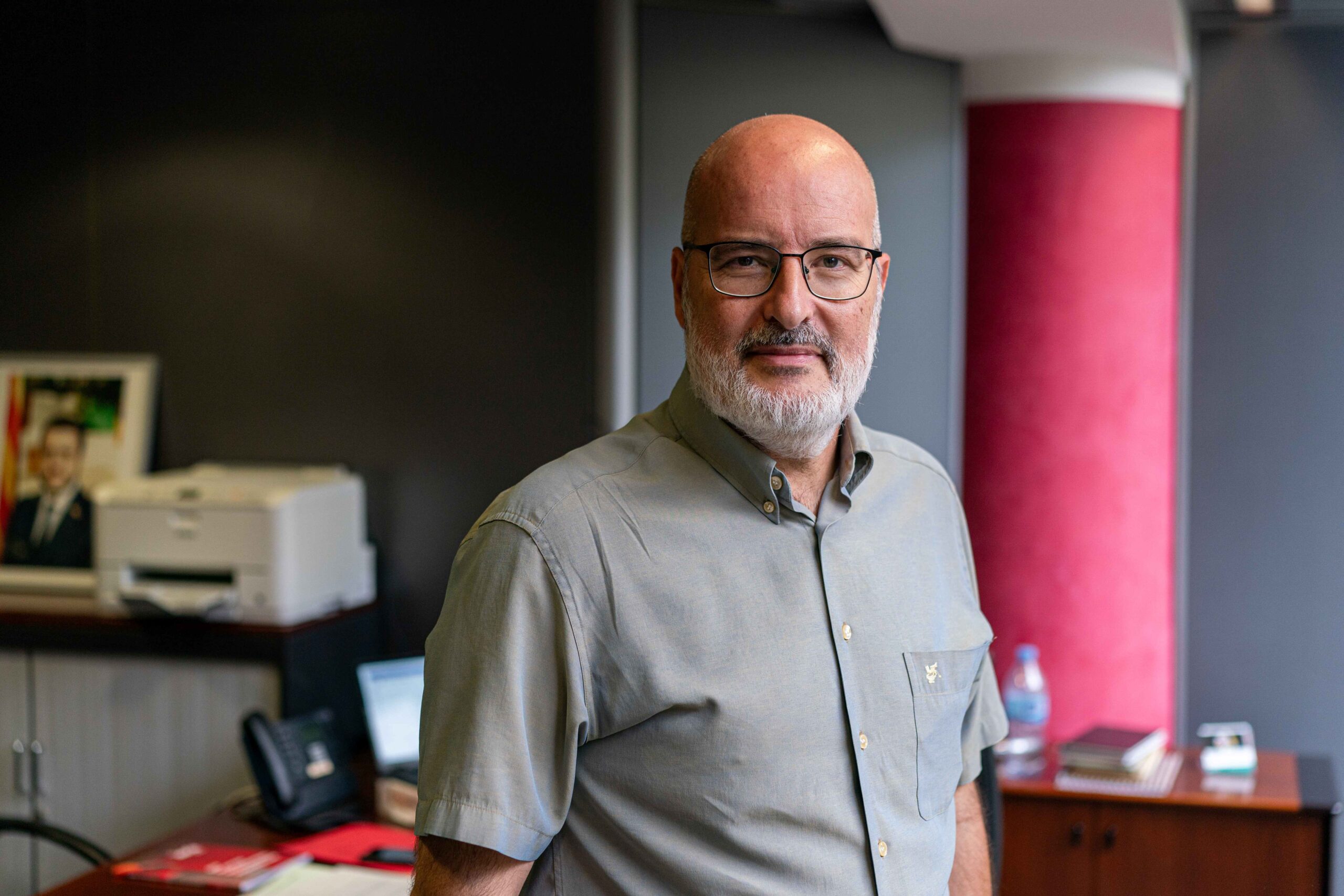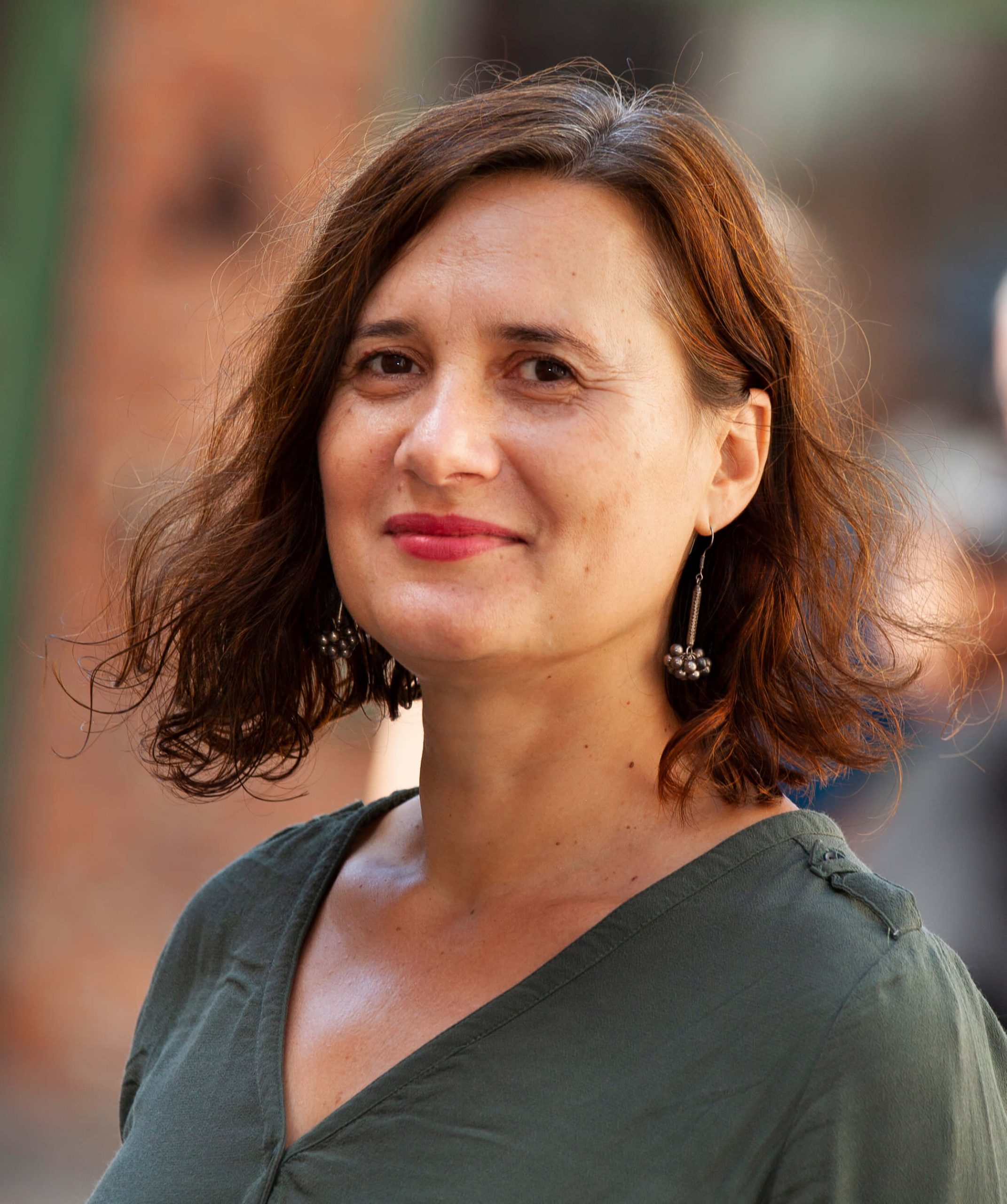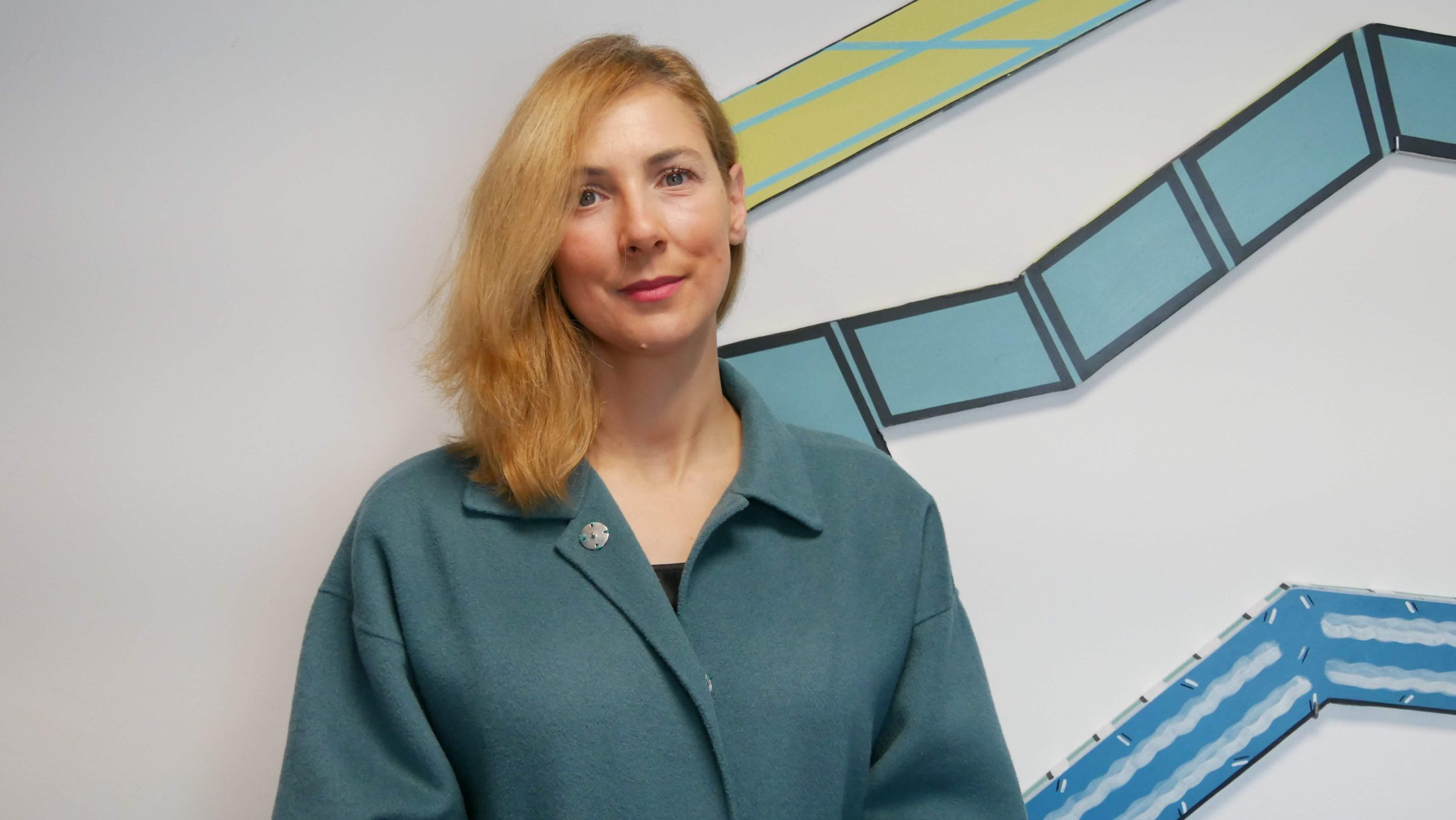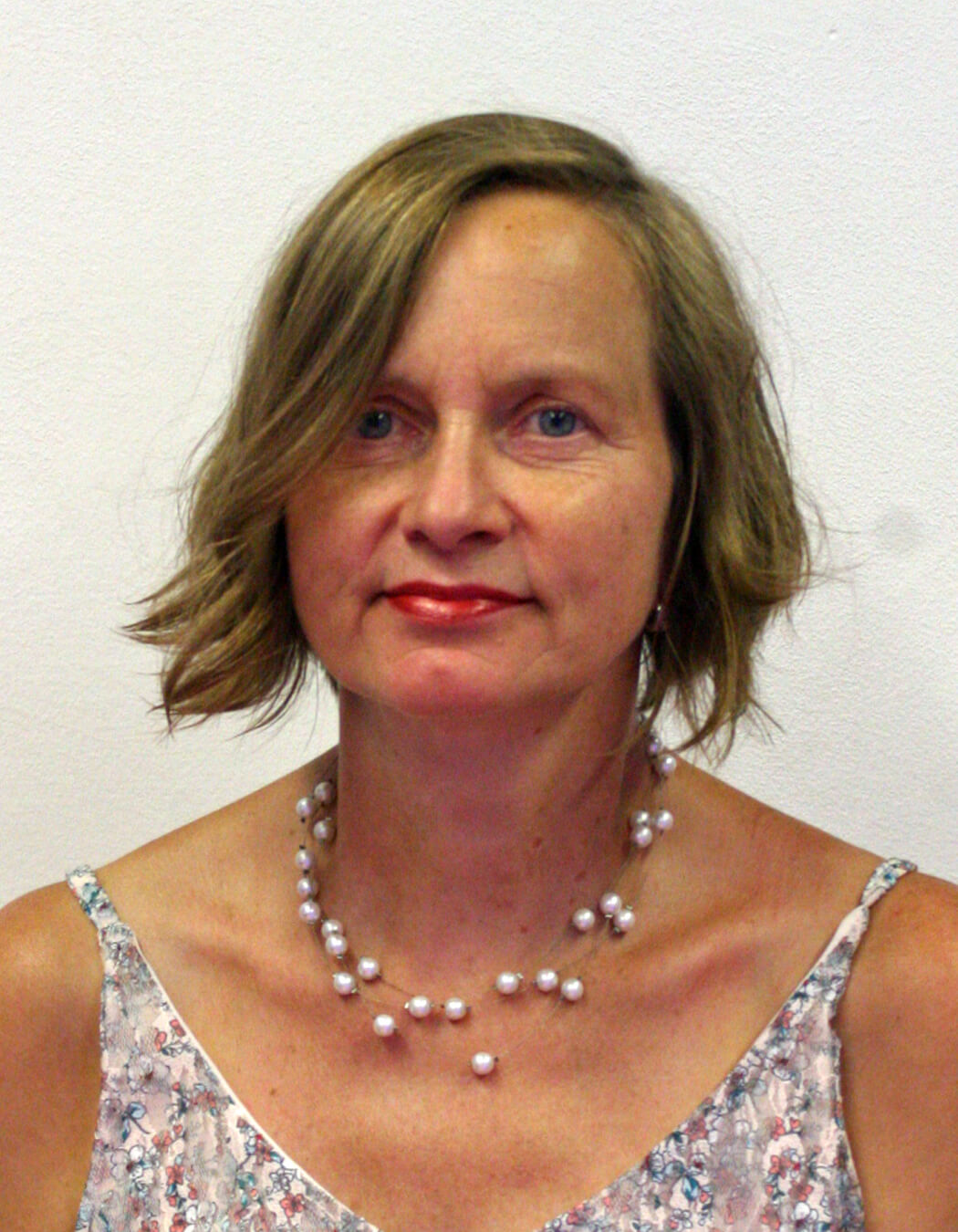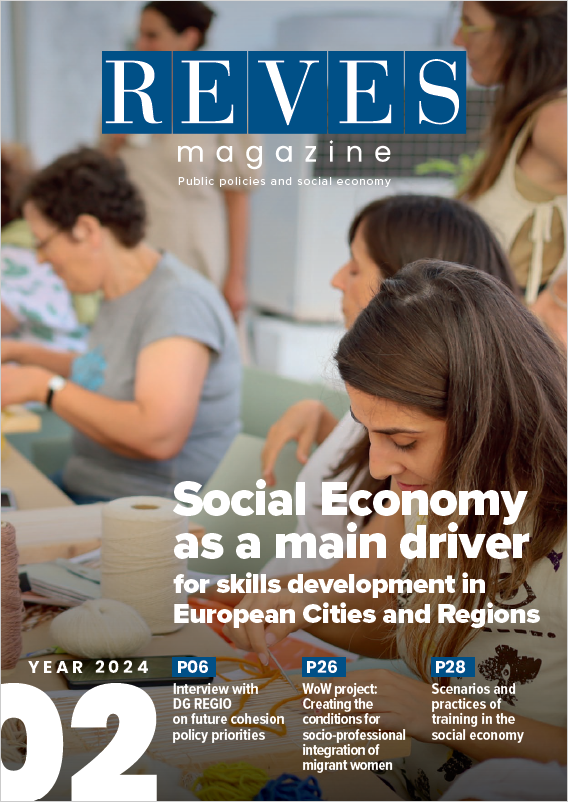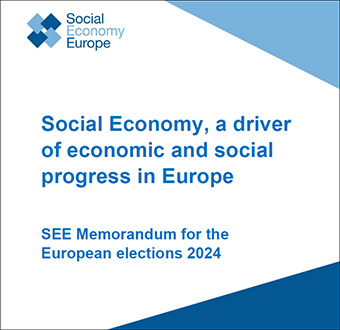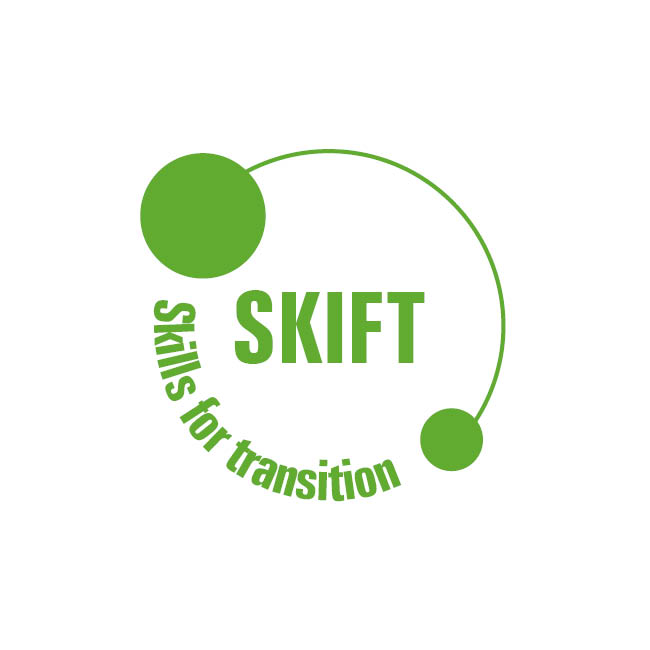REVES is the unique European organisation based on partnership between local and regional authorities and territorial social economy organisations...
Read MoreThe representatives of cities and regions and social economy organisations, members of REVES, commit themselves to:
- establish a stable partnership, long term collaboration and a common co-ordination and planning of local development policies between local authorities and the social economy;
- create and develop a new culture of social entrepreneurship, question the prevailing economic models and propose alternative socio-economic approaches;
- develop TSR as a process of social global responsibility based on sustainable development and participative popular democracy;
- apply gender equality, promote diversity through inclusion, fight against every kind of discrimination, racism and precarious conditions;
- develop innovative models so as to strengthen partnership and good governance between local authorities and social economy;
- identify common objectives and values for partnership and synergies with other networks;


- work actively with the European Commission, the European Parliament, the EESC, the Committee of the Regions and the Members States in order to promote REVES values and activities and to create favourable legal and fiscal frameworks for the development of social economy in Europe;
- seek a balanced development and dissemination of social economy values throughout Europe and its neighbours, targeted at all territories and all groups;
- promote the exchange of good experiences between members and the commitment to excellence;
- actively participate and contribute to the life/the activities of the network.
1996
The REVES Charter is signed in Östersund (SE). In the picture: Jens Nilsson, President of the City Council of Östersund and first President of REVES, and Gianni Pensabene, Deputy Mayor of Regio di Calabria (IT)
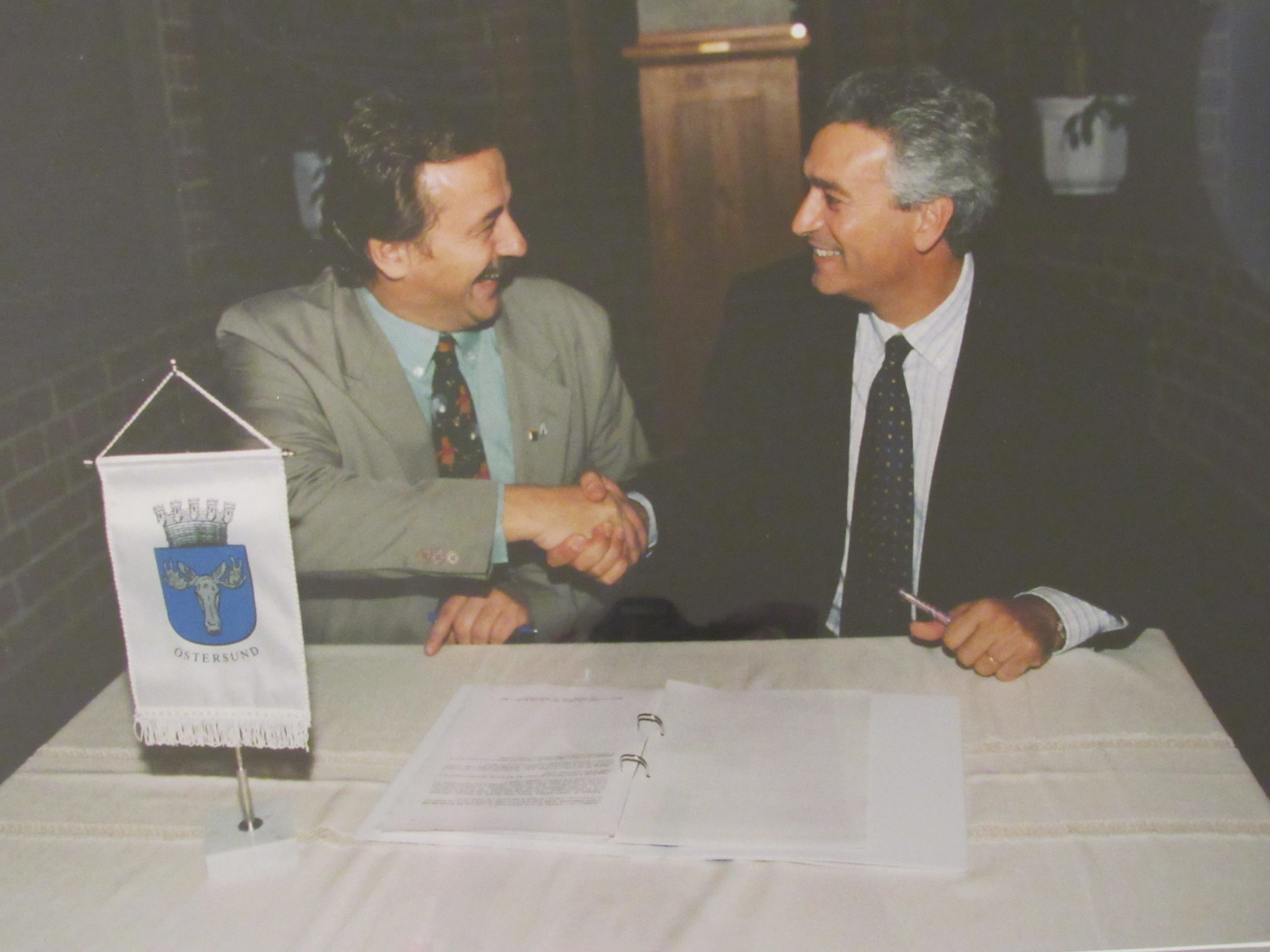
New local plural welfare
REVES completes its first research-action on a “New local plural welfare”, based on partnership between social economy and local authorities

Translating European Employment Strategy into Local Action
“Translating European Employment Strategy into Local Action” becomes the first interactive instrument for local action-planning developed by REVES and its members

Partnerships
The Committee of the Regions (CoR) of the European Union adopts its first opinion on Partnerships between Local and Regional Authorities and Social Economy Organisations – the opinion had been drafted with the support of REVES experts

TSR Methodology
REVES starts the elaboration of the TSR methodology (Territorial Social Responsibility) for participatory democratic governance

2004
REVES and the OECD LEED Programme start working together on a number of topics linked to local development and social economy. Main highlights in this still ongoing cooperation are the elaboration of the “Inclusive Entrepreneurship Tool” or the international exchange realized in the framework of the “Legal Ecosystems for Social Economy- Peer Learning Partnership”, co-led by CEPES and REVES.

Social Economy Europe
The former CEP-CMAF becomes “Social Economy Europe” – REVES is among its co-founders

TSR methodology
The TSR methodology is applied for the definition of territorial quality standards in social services of general interest and tested in different EU Member States

REVES excellence award
The bi-annual “REVES excellence award” starts gathering experiences relating to partnership between local/regional authorities and social economy partnership from all over Europe. The jury includes representatives of the European Commission, the European Parliament, the OECD/LEED programme and ILO.

European Commission’s expert group
GECES, the European Commission’s expert group on Social Economy and Social Enterprise is founded – REVES is represented through its Co-President Jan Olsson (in the period 2018-2024 by REVES President Ana Umbelino who is also co-rapporteur of the latest GECES report on clusters of social and ecological innovation)

Jens Nilsson
Former REVES President Jens Nilsson becomes Member of the European Parliament and coordinating co-president of the Social Economy Intergroup of the European Parliament

Capacity
The “Capacity” initiative is a further milestone in the experimentation of local multi-sectoral approaches aimed at improving quality of life of disadvantaged communities based on empowerment of the latter.
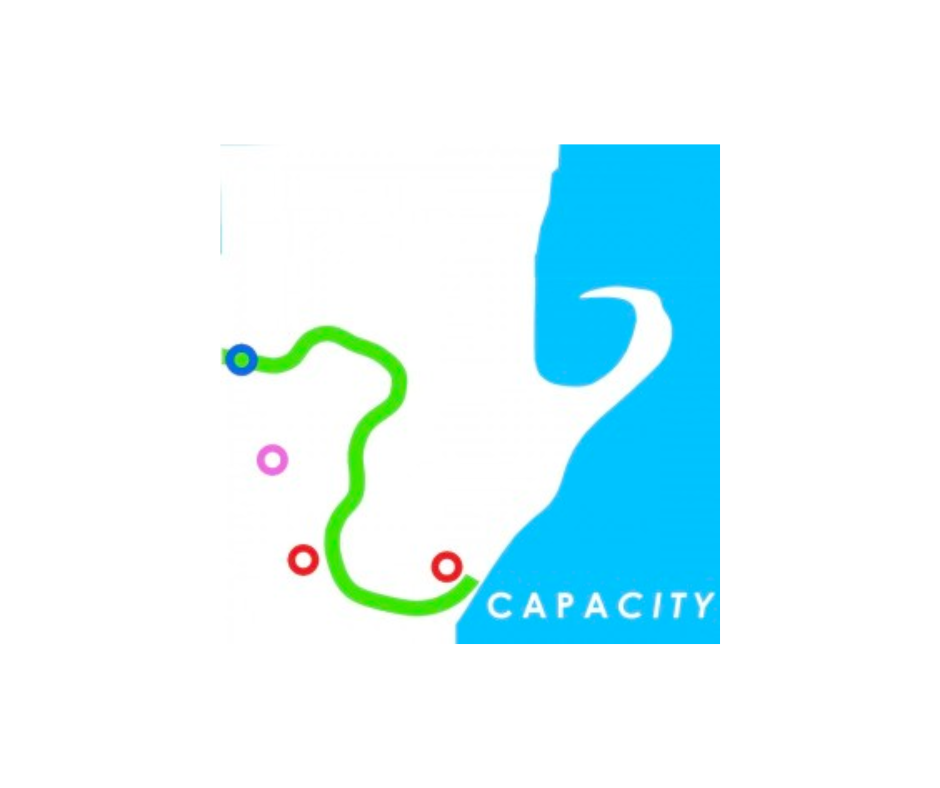
Coopcamp tool
The Coopcamp tool – teaching cooperative values and principles to pupils in secondary schools – is created. It is a highlight after six years of work on online learning instruments for future and present social economy operators.

REVES board members are both type of REVES members - local/regional authorities and social economy organisations.
